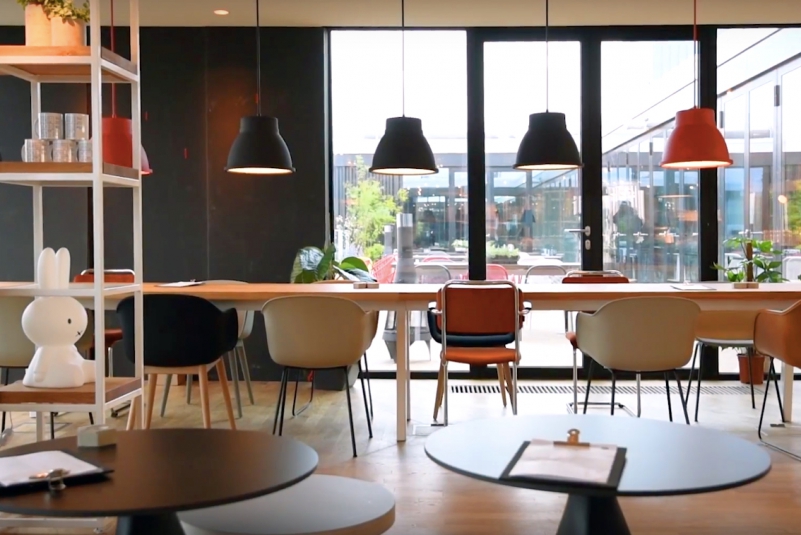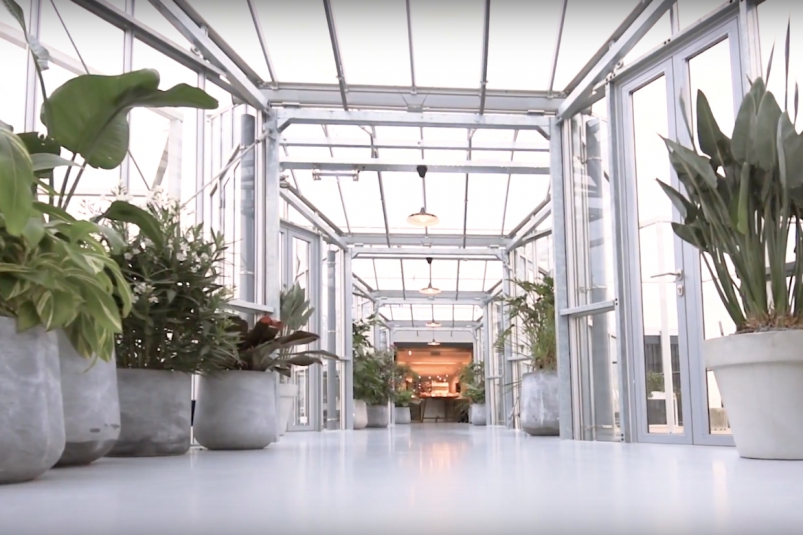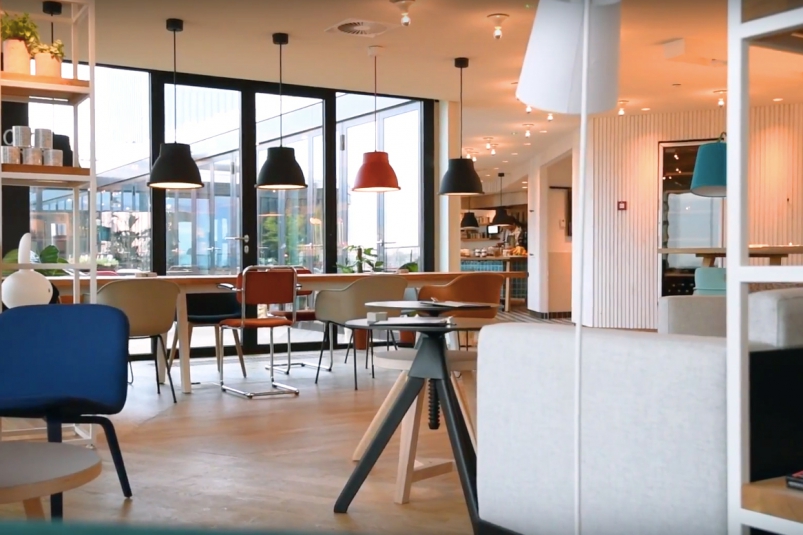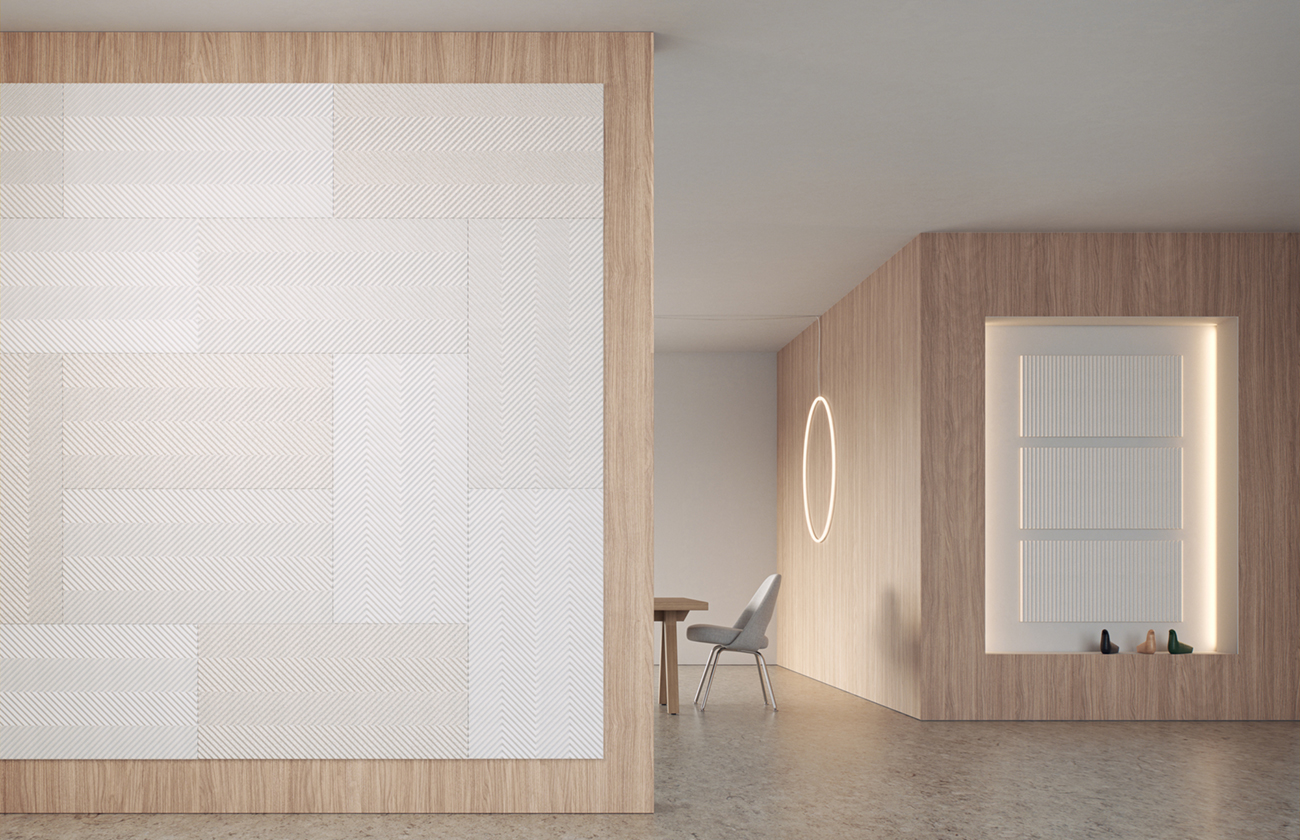We are more and more used to the idea of co-working zones as a new workspace scenario. But co-working has still many surprises in store for us. It’s becoming increasingly popular in spaces normally not associated with work. We’ve covered such cases in shopping centres (CH Wola Park in Warsaw and Galeria Hetmańska in Białystok). This time we’ll take a closer look at co-working zones in hotels.
Mobile lifestyle, technologies allowing remote working, also in international teams – those are the trends which define the dynamic changes informing our offices and styles of work.
There is also another, equally important element – new mentality of 20- and 30-year olds. They don’t use the term “work-life balance” because they don’t believe in the hyphen between “work” and “life”. They don’t divide their time into various types of activities to do. They prefer a fluid blend of experiences, for instances simultaneous travel, work and acquainting new people with a similar lifestyle. Increasingly often the awareness of this profound paradigm shift inspires hotels, both chain and boutique, to adopt a business strategy involving co-working zones.
Such spaces in hotels can foster interaction between travellers and locals, as the latter also use it.
Zoku hotel in Amsterdam is an example of a project incorporating a co-working solution. The space was designed by Concrete Architects. Furniture – mostly by Muuto (FIber Chair, Fluid Pendant, Rest Sofa, Pull Lamp among others) – lamps were selected in keeping with the trend to make workspaces more homely.
Zoku onwers, Hans Meyer and Marc Jongerius, tell more about the project:





